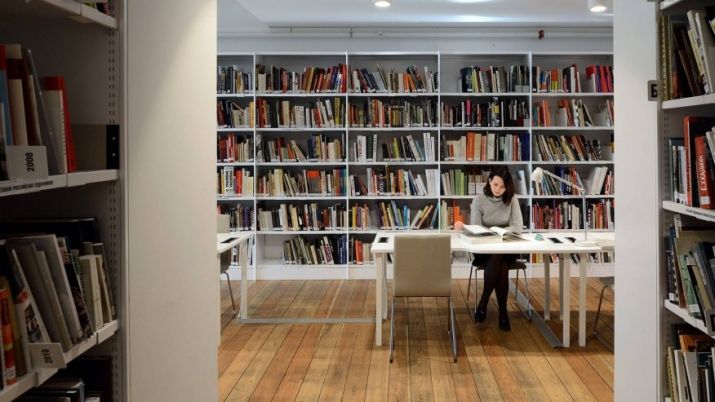ASTANA – Digital library cards, which give readers access to libraries nationwide using a single pass, will soon be introduced in the country, said National Academic Library acting head Nurzhan Zholdybalinov in an Aug. 14 announcement.
The project is one of several successful electronic updates, which include implementing automated information systems to ease workloads. Now, libraries coordinate with a single base through international protocol, making it possible to exchange files and search books.
“We plan to use a one card library pass throughout Kazakhstan. It is not necessary to apply and get a card in each library. Citizens can use one card in all libraries. We aim to cooperate with foreign libraries in this direction in the future. Now, we are working on this,” he said.
An IT specialist by occupation, Zholdybalinov is one of the individuals included in the 100 New Faces project.
“The Ruhani Zhangyru (Modernisation of Kazakhstan’s Identity) programme and its 100 New Faces project inspire further search of new ideas and creative projects. It is a responsibility to implement these projects,” he said.
More than 107,000 books have been published in Kazakhstan, noted Zholdybalinov.
“We want to download all the books to the digital library. Currently, we are converting eBooks from Cyrillic to Latin script, because the younger generation will read books already in Latin script. For example, the digitised version of ‘Abai’s Way’ written by Mukhtar Auezov will be available both in Cyrillic and Latin scripts. The user can convert the book to Latin script by pressing the key. This will be convenient for future generations of readers,” he said.
Using tablets in the classroom also has many advantages.
“I feel positive about using new technologies in the classroom environment. Why should small children carry 10 or more books? All these books can be replaced with a single tablet. The devices are adapted for reading and do not damage the eyesight. Some countries prefer paper books. According to statistics, young people in our country prefer to read electronic books,” he added.

